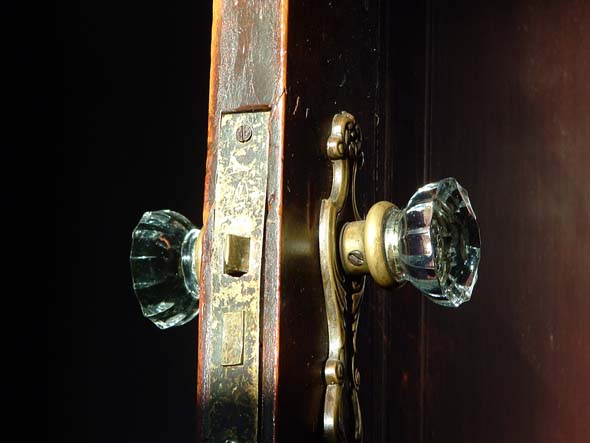Figuring out whether a move to a senior residence is suitable is rarely an easy task. Making a list of pros and cons can be a helpful tool, but sometimes the scales balance.
Personality traits need to be given consideration in making this important decision.
When the move is prompted by the need for care and not for a change in lifestyle by a fairly autonomous senior, the individual’s personality needs to be understood.
Seniors who are no longer able to do their own cooking, shopping, cleaning, and laundry, administer their medication and need some supervision are often referred for a relocation to a residence.
But if the person has always been a loner, the aspects of communal living may be frightening and unappealing to them.
One of the advantages of residence living is a (hopefully) stimulating social activity schedule, dining with others, and generally preventing isolation, which can lead to depression. This works well for the majority of residents who often thrive once they connect with peers and engage in interesting activities.
For some individuals the idea of sharing their meal times with others is unappetizing—no pun intended. They have never been much of a joiner and for many years were content to eat most of their meals alone. Add to this the fact the meals are served only at specific times (often very early hours), contrary to their past lifestyle, makes it so much more unappealing.
I have been asked by families to recommend a few suitable residences in such instances. Most residences will charge a fee to have meals brought to a resident’s apartment. If one considers the charge to do this a couple of times a day, the cost may become prohibitive.
Furthermore the fact that the resident will not partake in the social activities, included in the rent, it becomes questionable whether a move to a residence is the right choice.
But what are the options? Staying at home may be an option. However, if the home is not able to be adapted to meet the needs of the individual, it may not be safe for someone with mobility issues. The CLSC will not have the resources to provide for all the services needed such as meals, med distribution, housekeeping, shower assistance and general supervision, normally included in a residence.
If finances are not an issue, the family may decide to hire 24/7 care. Sounds good, but if the individual prefers time alone and lives in a small apartment, she might not
appreciate the intrusion of having someone around all the time.
As well, 24/7 care may be financially prohibitive.
If staying at home is not possible due to finances or resources, the search for a residence that can respect the privacy of the resident and his choice to dine alone will be a challenge, but not necessarily impossible.





Be the first to comment on "Let’s Talk About It: Does your personality match residence living?"